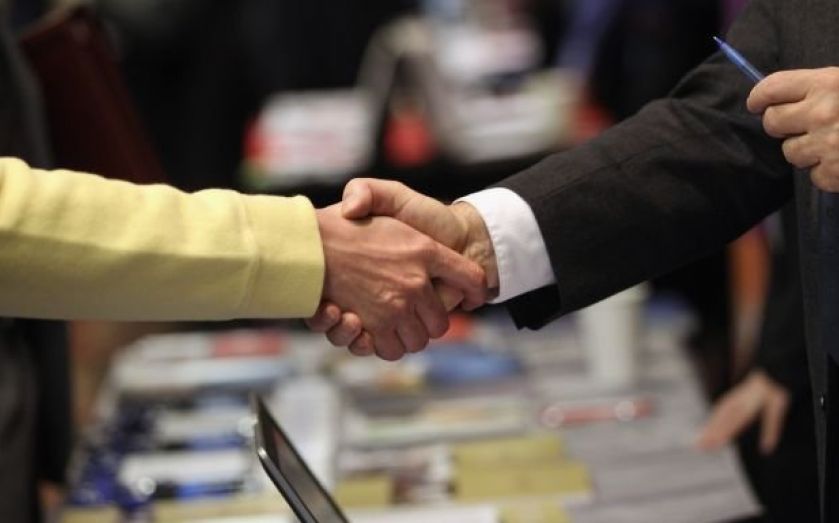| Updated:
Trust in people and businesses is at its lowest in 30 years, say researchers

Public trust in people and businesses has dropped to its lowest point in three decades, according to researchers at the University of Georgia.
By examining data from two national surveys of people in the US – the General Social Survey of adults (1972-2012) and the Monitoring the Future survey of 12th graders (1976-2012), they were able to analyse how trust had changed over time.
Together, the surveys included data from nearly 140,000 participants, and each asked questions designed to measure confidence in other people and large institutions.
Their findings, published in the journal Psychological Sciences, show a sharp decline in confidence in nearly all types of large institution, including corporations. The one exception was the military, where public trust had actually gone up over time.
“Compared to Americans in the 1970s-2000s, Americans in the last few years are less likely to say they can trust others, and are less likely to believe that institutions such as government, the press, religious organizations, schools, and large corporations are ‘doing a good job,” said lead researcher Jean Twenge.
The data showed, for example, that while 46 per cent of adult Americans agreed “most people can be trusted” in 1972-1974, this went down to 33 per cent in 2010-2012. Similarly, while 32 per cent of teenagers agreed with the assertion in 1976-1978, by 2010-2012 this had declined to 18 per cent.
What's causing the decline?
The researchers found a direct correlation between decline in trust and rising rates of income inequality and poverty. This, they say, indicates socioeconomic factors could play a significant role in the decline of trust.
“With the rich getting richer and the poor getting poorer, people trust each other less,” said Twenge. “There’s a growing perception that other people are cheating or taking advantage to get ahead, as evidenced, for example, by the ideas around ‘the 1 per cent’ in the Occupy protests.”